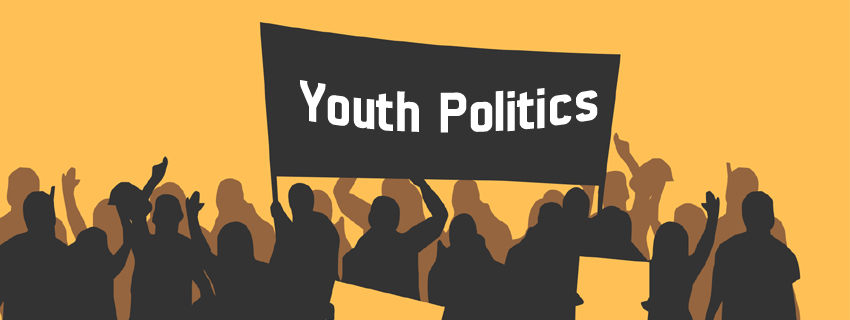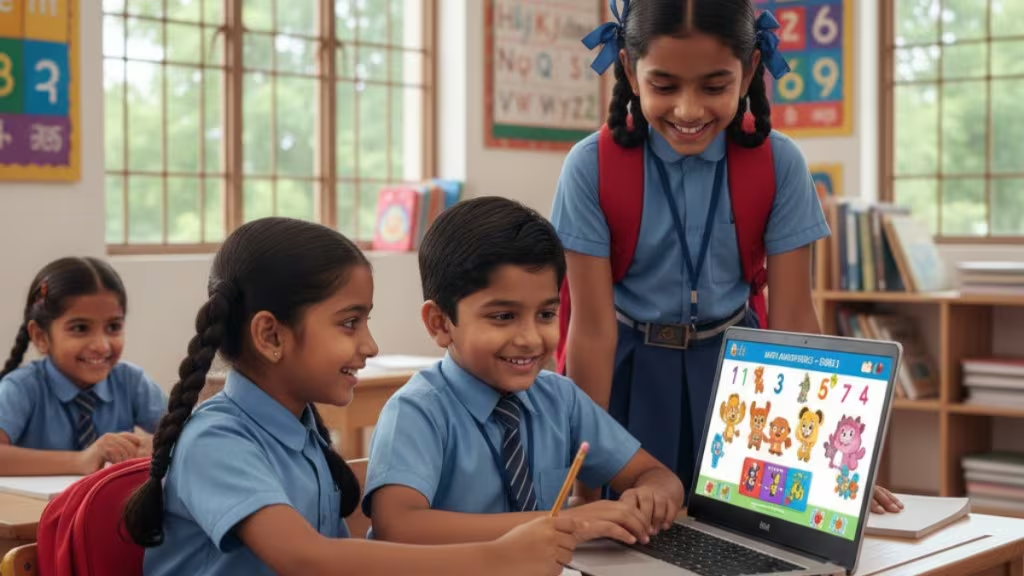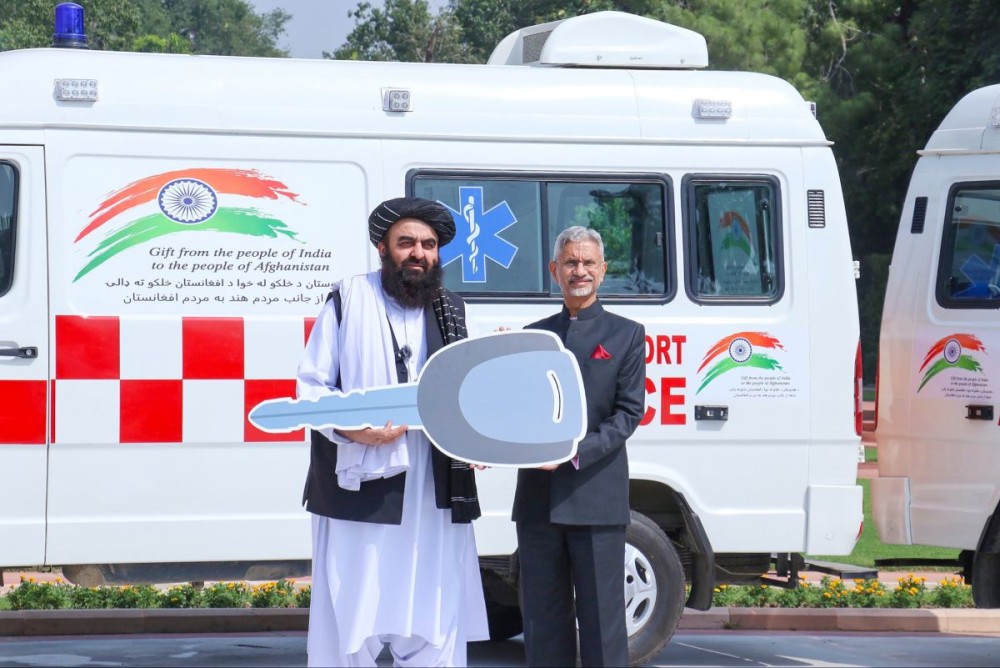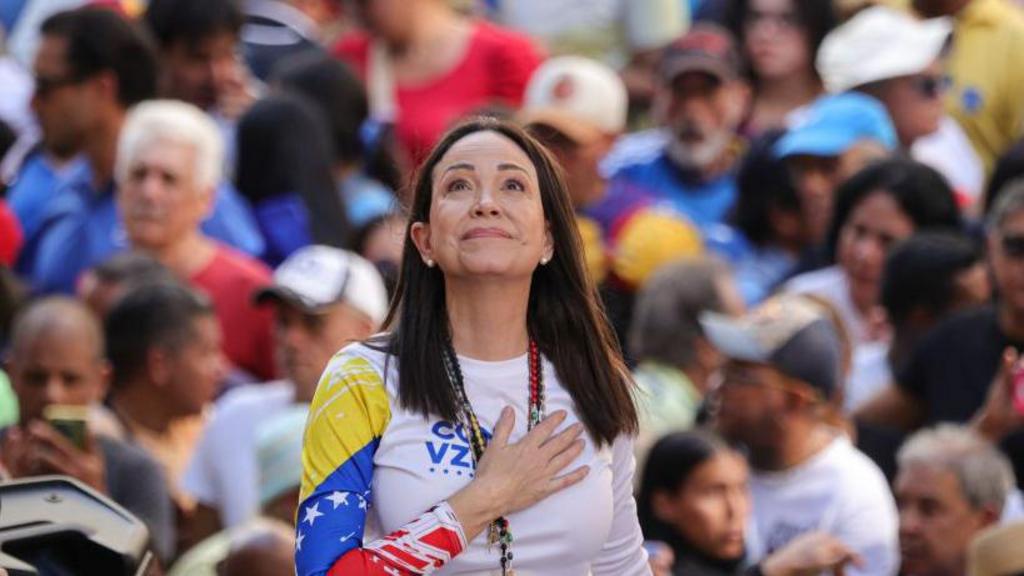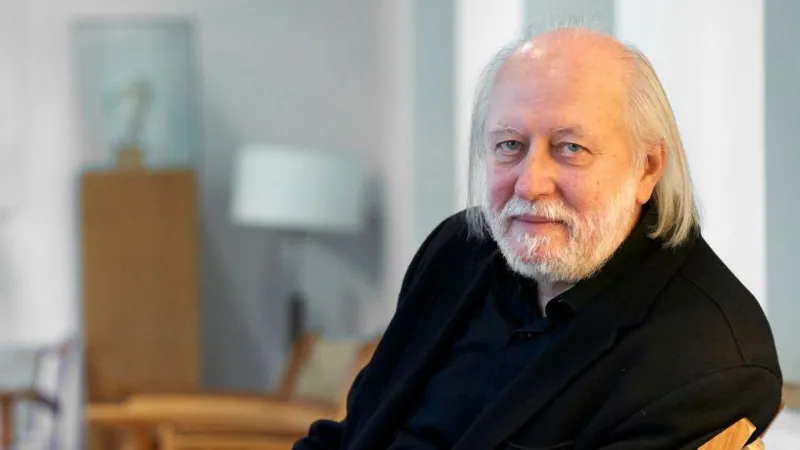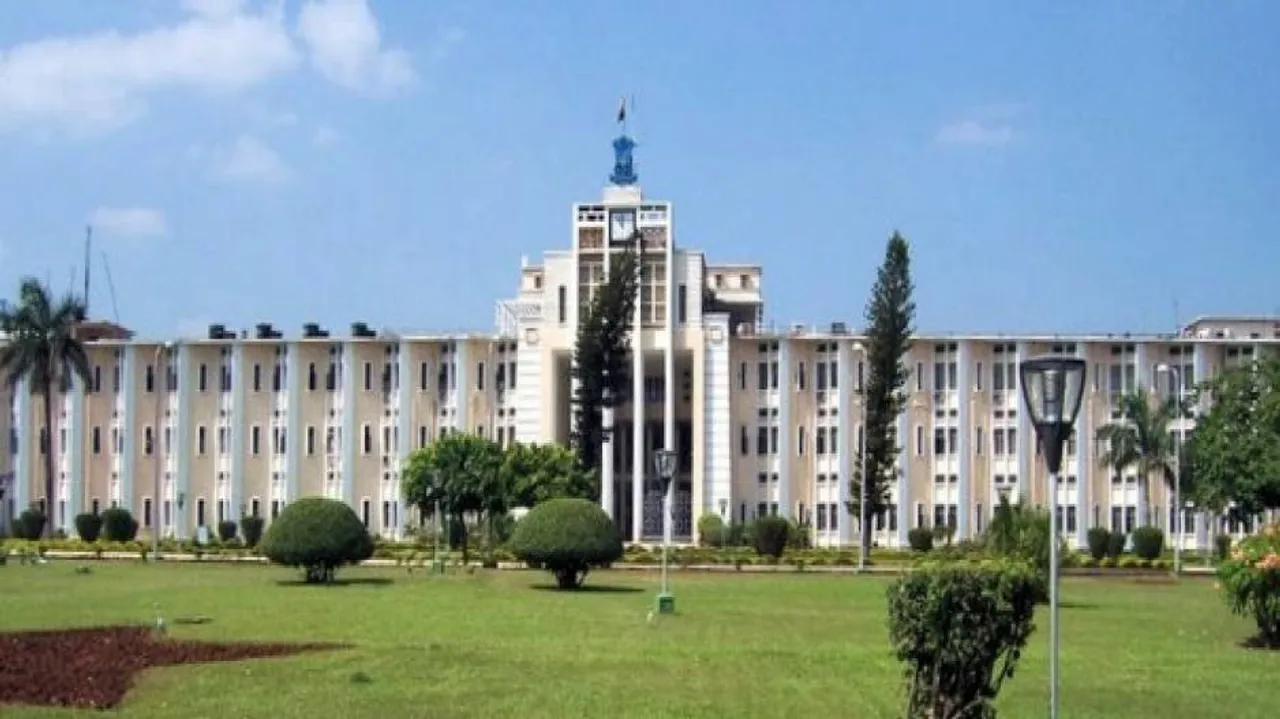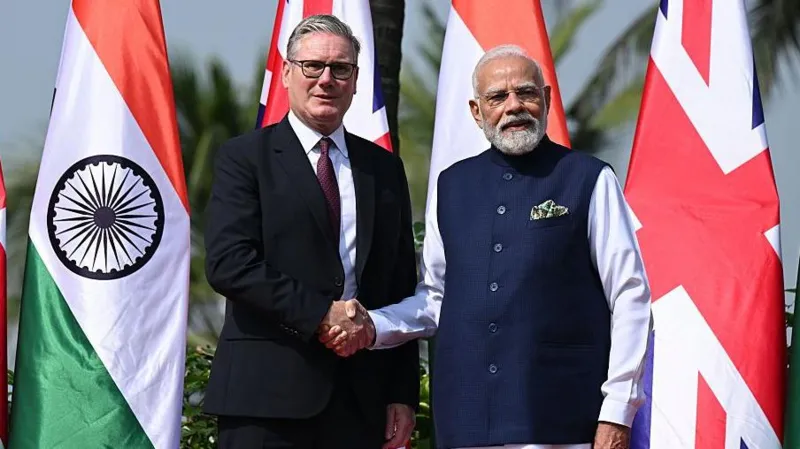Politics is the process of making decisions for a country, state, or organization. It involves various activities, such as voting, campaigning, and governance. In India, young people are increasingly participating in politics, with many taking on leadership roles in student elections, rallies, and social movements.
Today’s Youth Participation in Politics
Young people in India are participating in politics through various means, including:
– Student Elections: Many students participate in student elections, which provide a platform for them to voice their opinions and elect leaders who represent their interests.
– Rallies and Protests: Young people often participate in rallies and protests to raise awareness about issues that affect them and their communities.
– Social Media: Social media has become a powerful tool for young people to express their opinions, mobilize support, and advocate for change.
Youth Leaders in India Who Act as Change Makers in Politics
Some notable youth leaders in India who are making a difference in politics include :
– Aishe Ghosh: A student activist and politician who served as the president of the Jawaharlal Nehru University Students’ Union.
– Kanhaiya Kumar: A former president of the Jawaharlal Nehru University Students’ Union and a leader of the All India Students Federation.
– Jignesh Mevani: A member of the Gujarat Legislative Assembly and a leader of the Indian National Congress.
– Arya Rajendran: The Mayor of Thiruvananthapuram Corporation and a member of the Communist Party of India (Marxist).
– Tejasvi Surya: A member of the Lok Sabha and a leader of the Bharatiya Janata Party.
– Chandrani Murmu: India’s youngest MP.
How They Change Makers
These young leaders are making a difference in politics by :
– Advocating for Social Justice: Many of these leaders are advocating for social justice and equality, particularly for marginalized communities.
– Promoting Youth Empowerment: They are promoting youth empowerment and encouraging young people to participate in politics and decision-making processes.
– Challenging the Status Quo: They are challenging the status quo and pushing for change in the political system.
How They are Silent Spectators
Despite the potential for young people to be change makers, many are still silent spectators in the political process. Some reasons for this include:
– Lack of Engagement: Many young people feel disconnected from the political process, leading to a lack of engagement and participation.
– Disillusionment: Some young people may feel disillusioned with the political system, leading them to disengage from politics altogether.
– Limited Opportunities: In some cases, young people may not have access to opportunities that enable them to participate in politics, such as education and training programs.
Example with Proper Data
In the 2019 Lok Sabha elections, over 15 million first-time voters participated, showing that youth are not politically ignorant – they’re active and aware. Youth-led movements like the Anti-CAA Protests and the Farmers’ Protest saw massive participation by young students and digital campaigners.
Barriers Keeping Youth as Silent Spectators
Some barriers that keep youth as silent spectators include:
– Lack of Political Awareness and Education: Many young people in India lack a basic understanding of political processes, governance, and policymaking.
– Financial Constraints: Financial constraints can limit young people’s ability to participate in politics.
– Societal Pressure: Societal pressure can also discourage young people from pursuing careers in politics.
The Role of Youth beyond Contesting Elections
The role of youth in politics extends beyond contesting elections. Young people can ²:
– Shape Public Policy: Youth can shape public policy by advocating for issues that affect them and their communities.
– Hold Leaders Accountable: Young people can hold leaders accountable for their actions and policies.
– Promote Transparency and Accountability: Youth can promote transparency and accountability in governance.
Conclusion
In conclusion, young people in India have the potential to be powerful change makers in politics. By participating in student elections, rallies, and social media, young people can shape the future of their country and communities. However, many young people are still silent spectators in the political process, due to a lack of engagement, disillusionment, or limited opportunities. To harness the potential of young people, it is essential to create opportunities for participation, education, and leadership development. By doing so, we can build a more inclusive and representative political system that benefits everyone.


